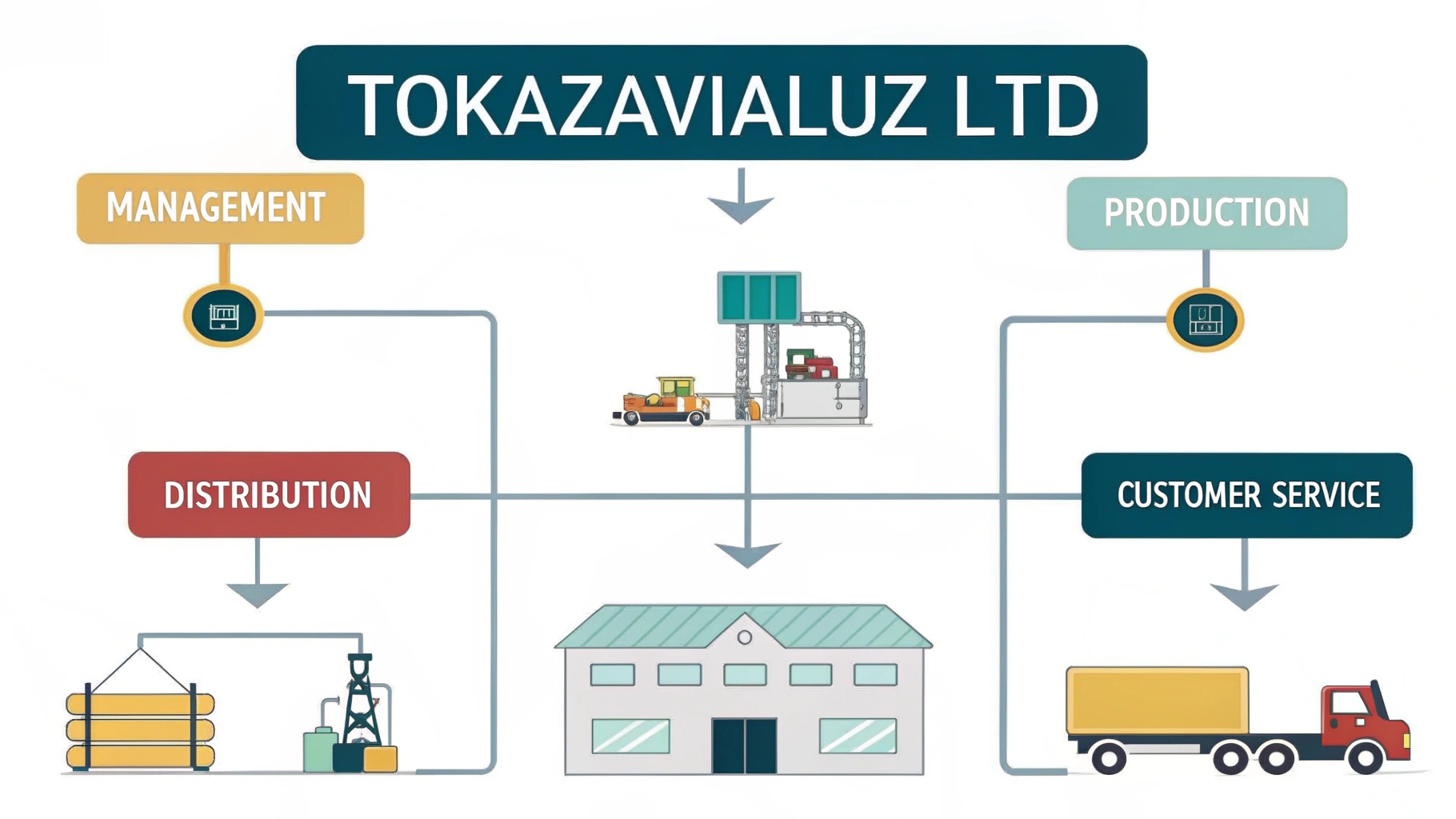Building a relationship with your children from a young age helps encourage openness in communication about their friendships and romantic relationships. Create a friendly atmosphere that invites your child to seek help whenever a need arises. With the right support, teens can make responsible decisions about all types of relationships. Here are some strategies you can use to provide relationship support for teens:
Discuss Relationships
When your teenager wants to talk about friendships or dating, keep the conversation open and inclusive. You may bring up questions about whether other students in their school are dating or are in close friendships. This will allow teenagers the right avenue to express themselves freely.
Listen attentively and allow your teenager to feel heard and supported. Help them understand that your role is to learn about their situation and responsibilities. Let them know that they can always approach you for advice or help on friendships, dating, or any other relationship issue. Showing that you care about how they feel will develop trust and confidence, keeping the lines of communication open between you and your teenager.
Set Examples
Your teen observes your actions closely, so display positive and healthy interactions to provide a strong example. Whether they’ve seen you in supportive relationships with your partner or others, they need to witness what a balanced relationship looks like. Show them that a strong relationship is built on trust, honesty, open communication, understanding, and the freedom to express your own opinions.
Let them see you treating those close to you with compassion, respect, and kindness. This example demonstrates how they should interact with others and what they expect in return. Explain to your teen that an unhealthy relationship may include mistrust, disrespect, and control.
Establish Boundaries
Let your teen know that it’s fine to have a significant other, but remind them that a relationship shouldn’t consume all their time. Talk about the benefits of creating boundaries and limits in friendship so they don’t overlook other areas of life. If your child’s relationship is becoming intense too fast, sit down with them and offer guidance.
After discussing this, assist your teen in setting boundaries. This could include suggestions for guidelines like only dating on weekends and keeping weekdays open for school. Share your reasoning behind these rules and remind them that personal development is also beneficial. You can also encourage them to continue pursuing hobbies and interests outside their relationship and friendships.
Identify Warning Signs
Offering relationship support for teens includes helping them recognize the signs of an unhealthy or abusive relationship. If you notice your teen’s partner trying to isolate them from family and friends, intervene. Hold a conversation with your child about why it is beneficial to maintain healthy relationships outside their romantic ones.
Other warning signs may include controlling behavior, such as constantly checking in on them or monitoring their activities and making threats or ultimatums. Teach your teen that no one has the right to control their choices. Educate them on the relevance of respect in relationships and how boundaries should be followed by both parties.
Talk About Bullying
Teach your teens that physical, emotional, or verbal abuse of any kind should not be tolerated. You can guide them on how to identify bullying in friendships and relationships. If your teenager confides in you about bullying in his or her relationship and friendship, act on it immediately. Help them devise a plan for dealing with the situation and seek support when needed from trusted adults. You can also help to reduce exposure to bullying if you notice your child being isolated by their peers.
Model positive behaviors in your relationships with others for teens to emulate. Encourage your teen to participate in activities and interests separate from romantic relationships. This allows them to maintain autonomy and not rely on one person for their happiness.
Seek Relationship Support for Teens
Partnering with a trusted adult or seeking professional counseling can be beneficial for teenagers in relationships. Counselors and trusted adults provide them with an impartial perspective and guidance on how to navigate their relationship. Encourage your teen to seek support if they are struggling in their relationship or feeling overwhelmed. Get relationship support from a therapist today and allow your son or daughter to receive guidance.





